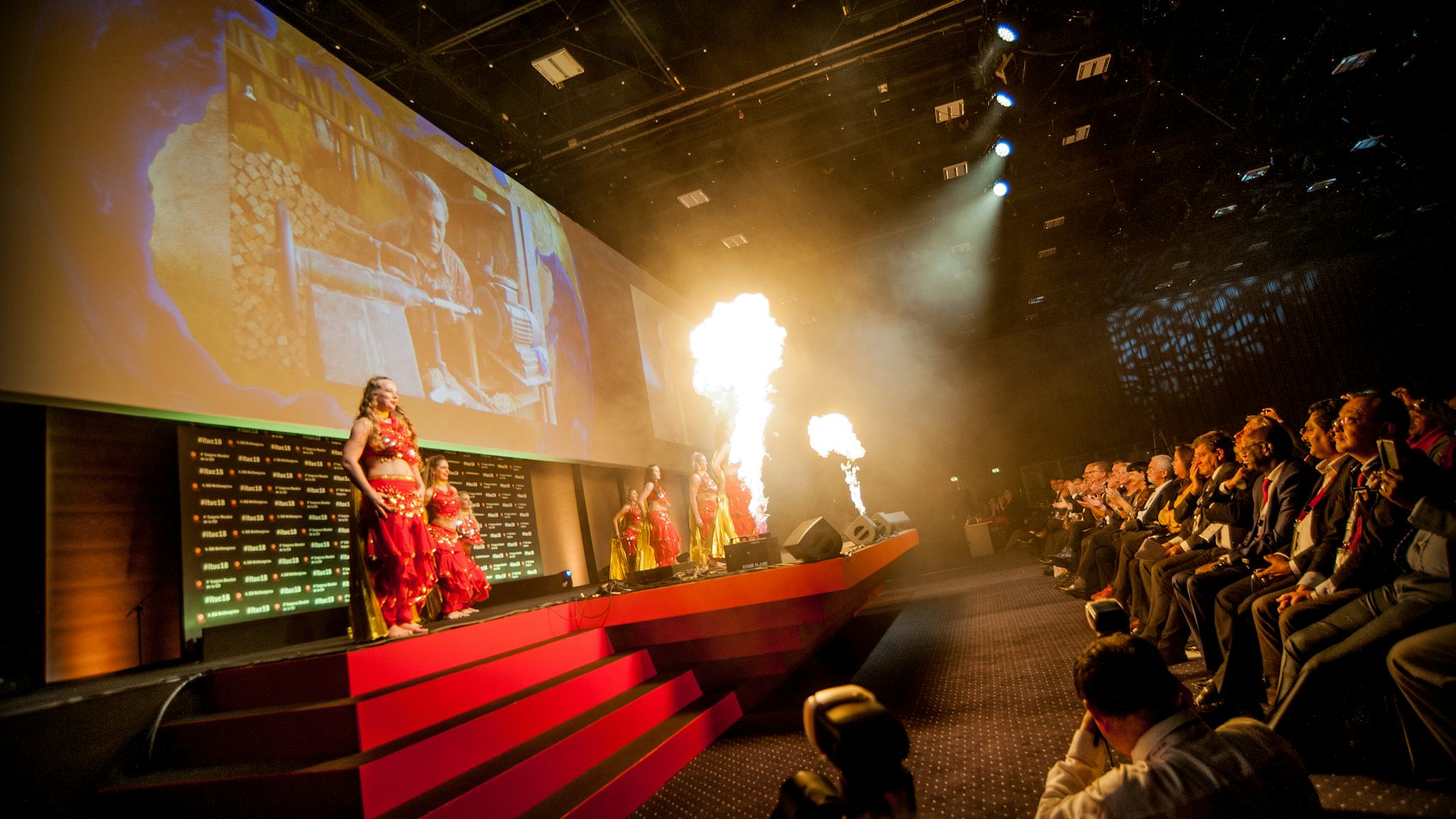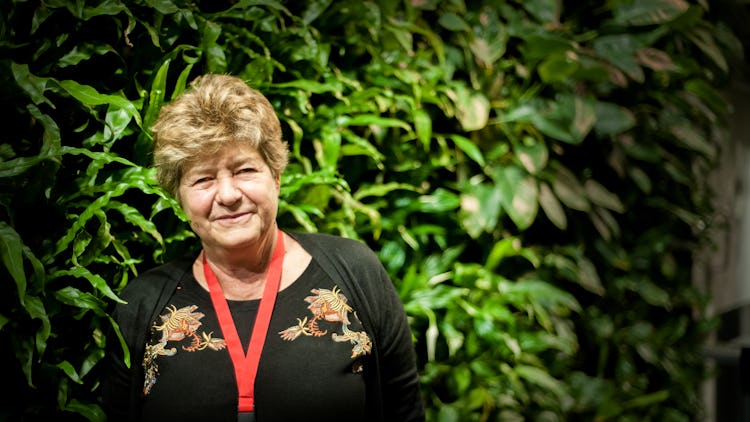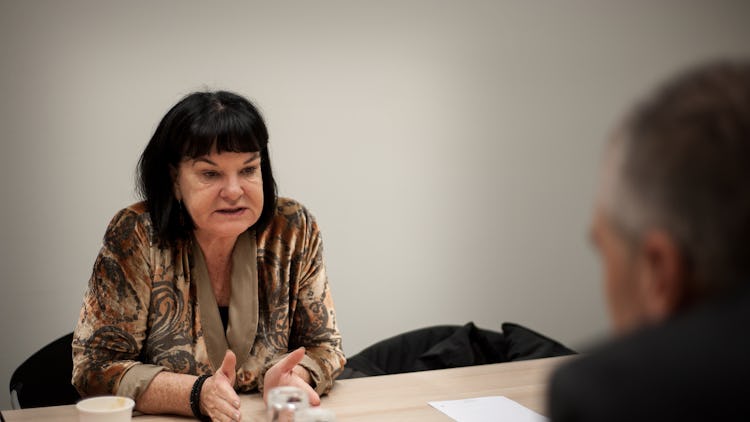ITUC tries to heal its wounds
The International Trade Union Confederation (ITUC) Congress became a toxic affair when the movement was divided by the election of the new Secretary-General. Now, a leadership team of both new and familiar faces is trying to bridge the divide.

ITUC congress in Copenhagen, December 2018.
A dispute over who would lead the ITUC marked its Copenhagen Congress in late 2018, but Secretary-General Sharan Burrow was returned after she won the vote.
“It has been a tough atmosphere. It’s not something we are used to; it feels strange,” said a noticeably concerned Karl-Petter Thorwaldsson when he spoke with Arbetet Global during the ITUC Congress in Copenhagen in December.
As Vice Chairman, Thorwaldsson, from Sweden, ran for re-election alongside sitting Secretary-General Sharan Burrow.
Italian contender and opponent Susanna Camusso accused the ITUC of lacking internal democracy – and she wasn’t alone.
Camusso’s supporters argued that both the organisational structure and electoral process were undemocratic.
“Sharan has spoken on all panels, on all subjects. Susanna has barely spoken at all. It is not democratic, we would not accept that kind of behaviour from our own governments, for example,” said Gilberto De Santis, chairman of the Italian central organisation UIL, from the speaker’s platform during the Congress.
In the end, Sharan Burrow won the fight. But the unexpectedly narrow victory margin – 52 per cent of the votes against 48 – revealed a split movement. Would the new leadership team be able to bridge the divide?
Two months later, Karl-Petter Thorwaldsson, president of Swedish LO, thinks that the atmosphere has improved significantly.
“It is surprisingly good,” says Thorwaldsson about the situation in the ITUC.
However, the dispute over the Secretary-General role has led to several changes, both in terms of procedures and elected positions.
The leadership team must meet more often and continuously share information about decisions that are made. There is hope that better communication will prevent mistakes.
As an example, Thorwaldsson points to the ILO negotiations about the right to take industrial action, an issue where Camusso’s supporters believed that the leadership group had failed.
From the scant and delayed information that many national member organisations received, it was apparent that a compromise had been made, which meant reduced international rights to take industrial action.
But the compromise came after a year-long conflict with employers where the entire international right to strike was under threat.
“Therefore, while many saw the compromise as a reduction in rights, those of us who negotiated it saw it as a victory,” says Karl-Petter Thorwaldsson.
The leadership team has also been expanded with the addition of a deputy Secretary-General, a role taken up by Camusso supporter Victor Báez from the Latin American union TUCA. The leadership positions have also been spread across more geographical regions than before.
Thorwaldsson believes these measures have reduced the level of conflict, but that there is more to do.
“My gut instinct is that we’re on the right track. We will also try to work to eliminate what the leadership and Sharan Burrow have been criticised for. We need more transparency and better information for the member organisations than we have had.”
Translation: Liselotte Geary










